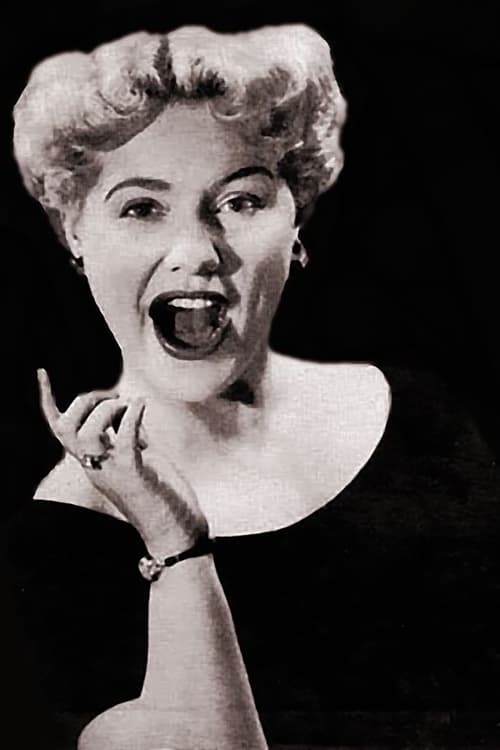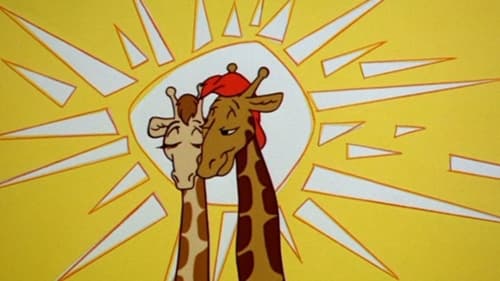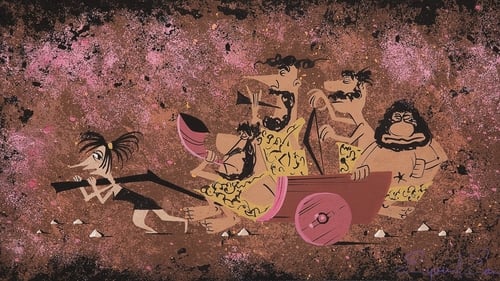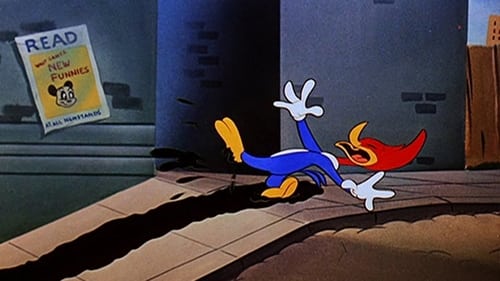Gloria Wood
出生 : 1923-09-08, Medford, Massachusetts, USA
死亡 : 1995-03-04
略歴
From Wikipedia, the free encyclopedia
Gloria Wood (September 8, 1923 – March 4, 1995) was an American singer and voice actress. Her rare voice was in the four-octave range. She was able to imitate other voices.
Born in Medford, Massachusetts in 1923, her father was Robert E. Wood, a Boston radio singer in the 1920s, who with wife Gertrude Anderson-Wood, was the influence which had encouraged both Gloria and her older sister Donna to cultivate their vocal skills. Shortly after leaving high school in 1941, Gloria joined Donna in The Horace Heidt Band. In 1947, Kay Kyser offered Gloria the emotional problem of replacing Donna in his Campus Kids vocal group when she died on April 8, 1947 at the age of 29. Wood also became the lead singer for Kyser on occasion and enjoyed several hits. She went on to become one of the members of The Rhythmaires vocal group which worked with Bing Crosby for almost ten years. Crosby would occasionally showcase her apart from the group, notably on the Philco shows of March 17 and 31, 1948 when, in duet with him, she reprised her Kyser success, "Saturday Date." They sang another of her Kyser hits, "On a Slow Boat to China" on Philco June 1, 1949. She can also be heard on Crosby's 1950 recording and subsequent air checks of "Rudolph the Red Nosed Reindeer," where she supplies the voice of Rudolph.
Wood also had an extensive film career as a ghost singer, her earliest venture in this field being in Diamond Horseshoe. Uncredited, she is the voice of Adele Jergens in The Bowery Boys movie, Blues Busters; and one of the voices (with Trudy Stevens) of Vera-Ellen in White Christmas. Twice she was a partial stand-in for Marilyn Monroe in River of No Return and Let's Make Love. She appears in Gaby singing "Where or When," and sang for one of the twins in The Parent Trap, Ladyfish in The Incredible Mr. Limpet and Lucille Ball's young nephew in Mame. She recorded many singing commercials both on radio and television. One of the best known of these was for Rice-A-Roni (…the San Francisco treat); but she may be best remembered as the voice of the orbiting Tinker Bell in the Peter Pan peanut butter ads. Wood was utilized on numerous cartoons, beginning in 1948 in Walter Lantz's Wet Blanket Policy, where she was heard singing the famous Woody Woodpecker Song. On television, Wood supplied various voices for The Bugs and Daffy Show and That's Warner Bros.!; as well as that of Minnie Mouse and other characters on several Walt Disney programs. Wood wed in 1955, and it was around this time that she joined The Johnny Mann Singers.
Wood died on March 4, 1995 from complications of diabetes. At that time, she was known as Gloria Wood-McGeorge.






